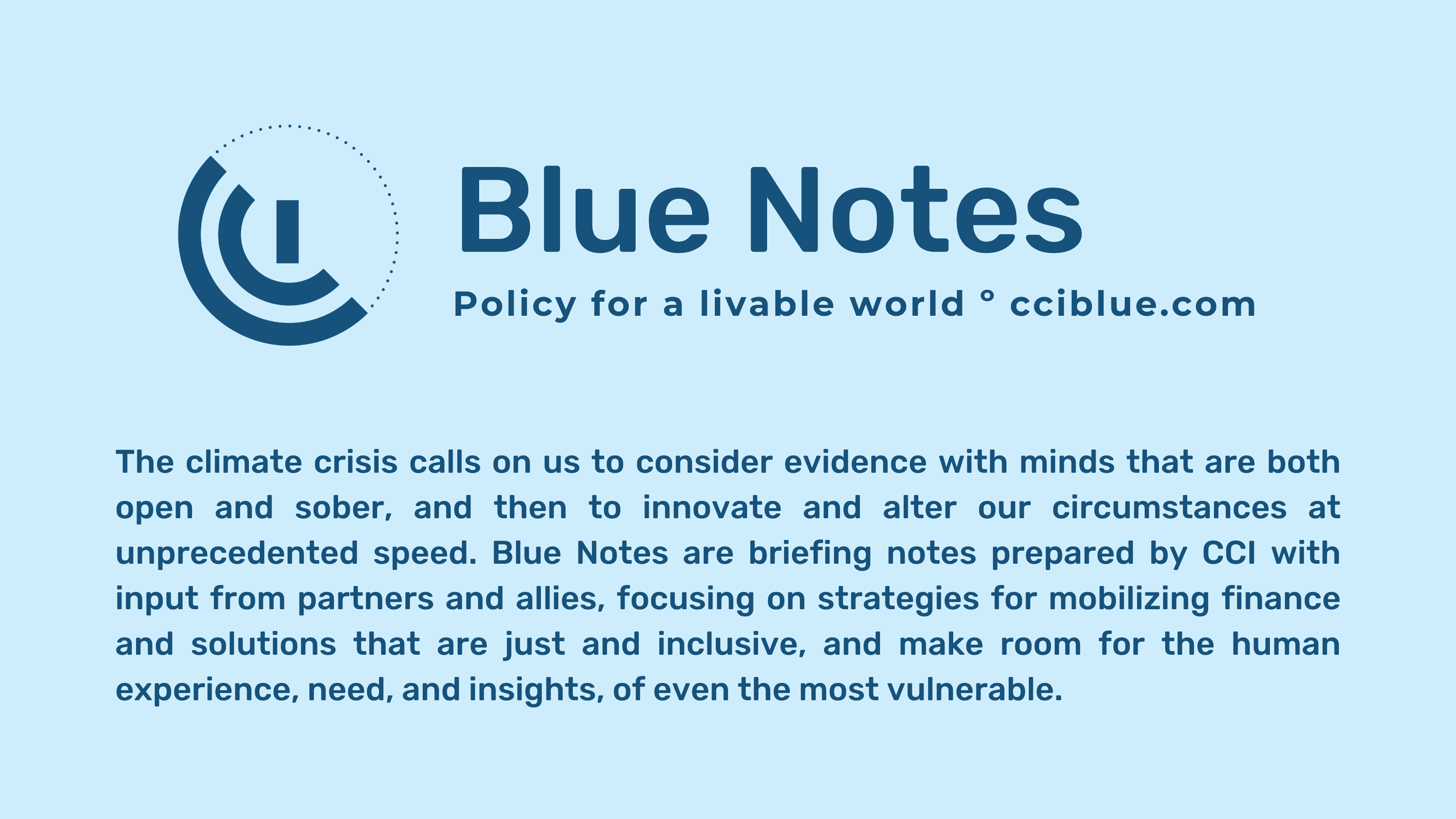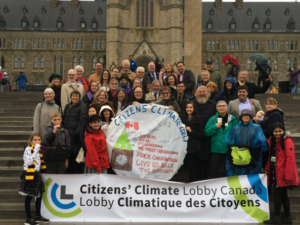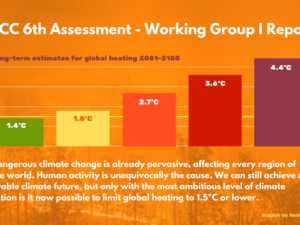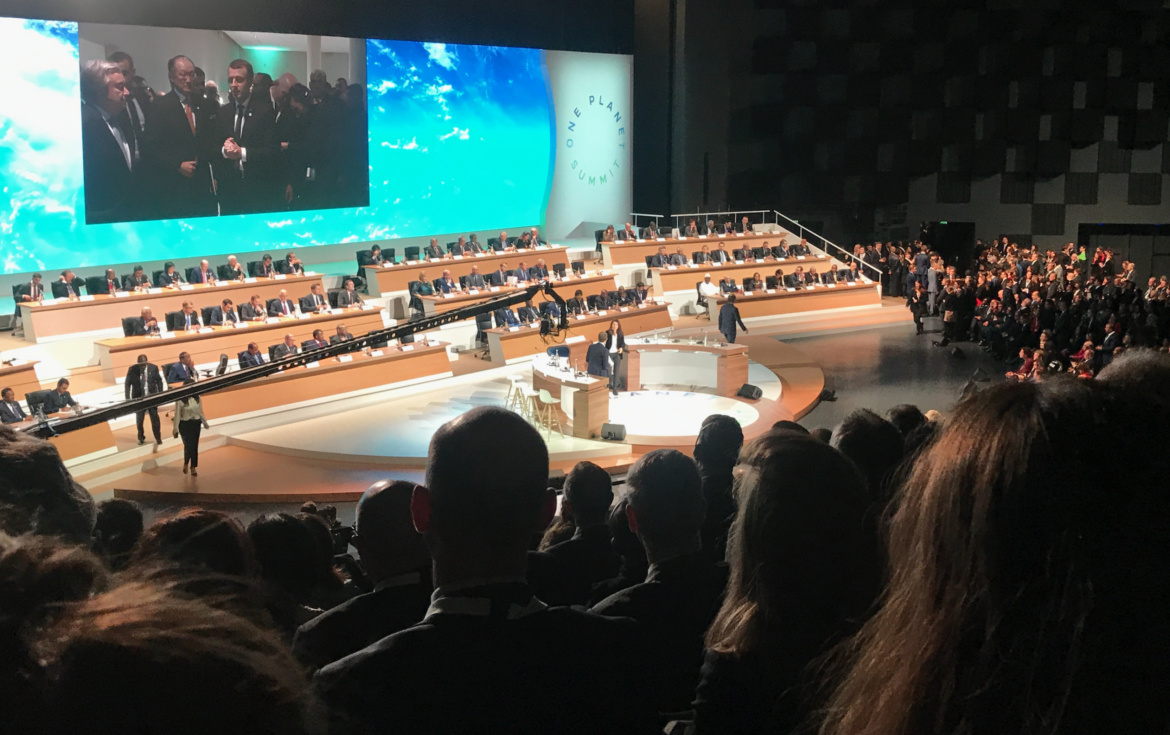
FOR IMMEDIATE RELEASE
CCI on the Paris Summit for a New Global Financing Pact: Meaningful progress for relief to emerging economies, but more needed
JUNE 23, 2023 — As the Summit for a New Global Financing Pact winds up in Paris, Citizens’ Climate International sees meaningful progress being made to provide debt relief to developing nations struggling with the impact of climate change. That progress, hopefully, will set the stage for further commitments at the Annual Meetings of the World Bank and IMF in October and at the COP28 climate conference in December.
Structural reforms and immediate relief are needed to help emerging economies adapt to a changing climate and make a just transition to clean energy.
“Every human being has the right to a livable world,” said CCI Executive Director Joe Robertson. “To secure that livable world, rich nations and international financial institutions must transform their standard business models and prioritize support to vulnerable countries already facing unaffordable costs.”
As Rachel Kyte, Dean of the Fletcher School at Tufts University, put it in a recent op-ed, the challenge is “how to bolster investment in emerging markets and developing economies in a way that does not incur debt.”
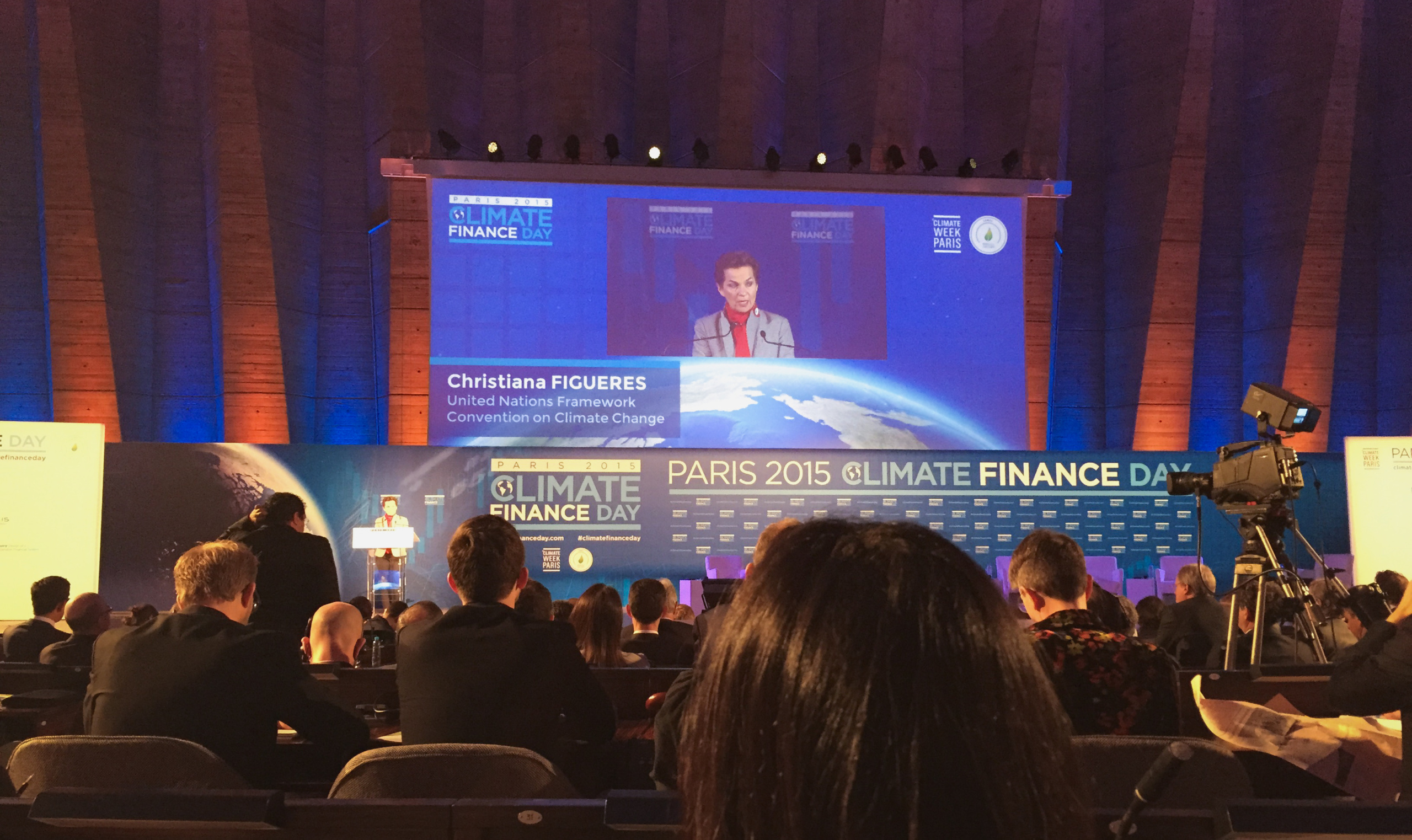
At the Paris Climate Finance Day in May 2015, Christiana Figueres called for financial transformation so that no money anywhere generates climate damage. This led to the creation of Resilience Intel—aimed at shifting all finance to climate-smart, resilience-building priorities. Pres. Macron’s Paris Summit is an effort to evolve global finance toward that standard.
One good piece of news from the summit was the announcement from the World Bank that it was launching a comprehensive toolkit to support countries after natural disasters. Among provisions in the toolkit is the option on new loans to pause payments on debt when disaster strikes “to allow countries to focus on meeting the urgent needs of their people instead of on loan repayments.”
“This is a much needed step in the right direction,” said Robertson, “and in the months ahead, we look forward to seeing wider reforms that structurally improve the debt and finance positions of vulnerable countries.”
Earlier this year, during the spring meetings at the World Bank and IMF, CCI members from 31 countries sent personal emails to their own countries’ executive directors at the World Bank Group asking the Bank. The letters asked for reforms that:
- Support for the Bridgetown Initiative;
- Advance human rights and gender equality;
- Welcome meaningful, ongoing citizen and stakeholder input;.
- Investigate direct delivery of funds to households, as a foundational support for climate-resilient development.
More good news at the summit: A group of wealthy nations pledged $2.7 billion to help Senegal roll out renewable energy, and Zambia secured a deal to restructure $6.3 billion owed to other governments.
“Considering that developing countries contributed the least to the climate crisis but suffer extreme impacts that can cost more than their entire economic output, these deals represent critical steps toward climate justice, though much more is needed,” said Robertson.
CONTACT: Steve Valk, steve@citizensclimate.org; 404-769-7461.
Resources
- Transform finance to make human experience climate-safe
- Non-market approaches as critical drivers of climate ambition
- Capital to Communities – The 2022 Reinventing Prosperity Report
- Global network of citizens urges World Bank Group to upgrade for fair and sustainable development
The featured image at the top of the page shows President Macron entering the One Planet Summit—a precursor to this work on a new global financing pact—in December 2017, with then World Bank President Jim Kim and United Nations Secretary-General Antonio Guterres.


